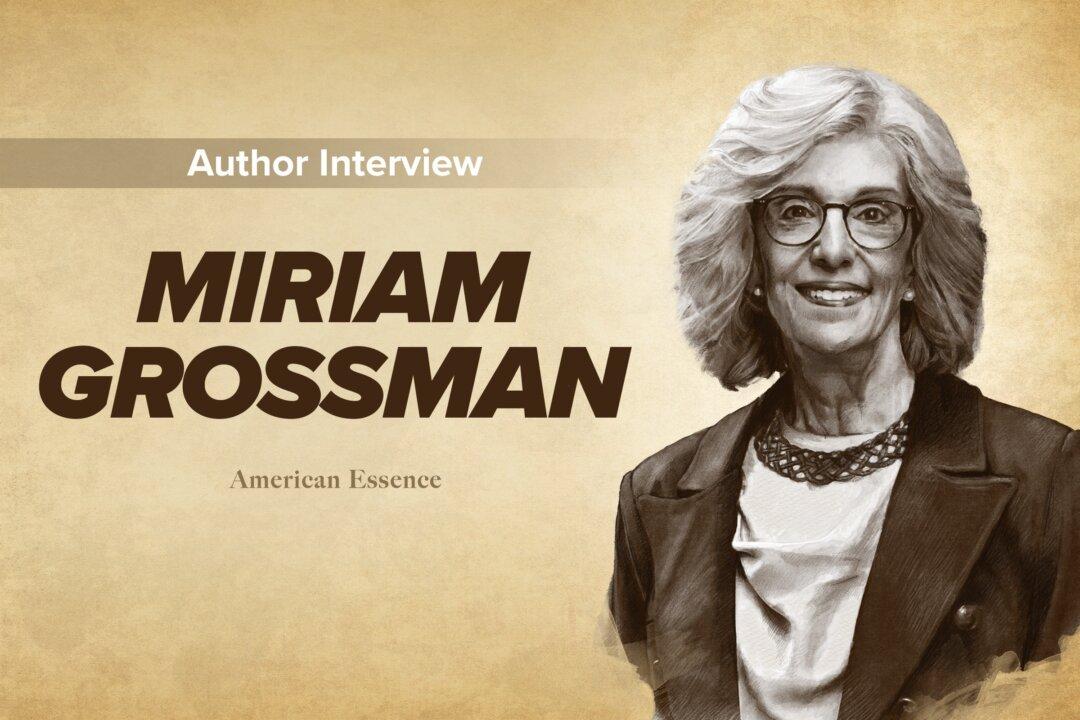Many parents are concerned, and rightly so, about the sharp rise in children and teenagers swept up in the gender dysphoria trend. In this interview, Dr. Miriam Grossman discusses ways of educating even young children to resist gender ideology and the steps that parents can take to protect their children, particularly from influencers on social media and in the schools. Dr. Grossman is a child and adolescent psychiatrist whose most recent book is “Lost in Trans Nation: A Child Psychiatrist’s Guide Out of Madness.”
Jan Jekielek: You’re a child psychiatrist standing up to gender ideology. Please tell me how you ended up here.






